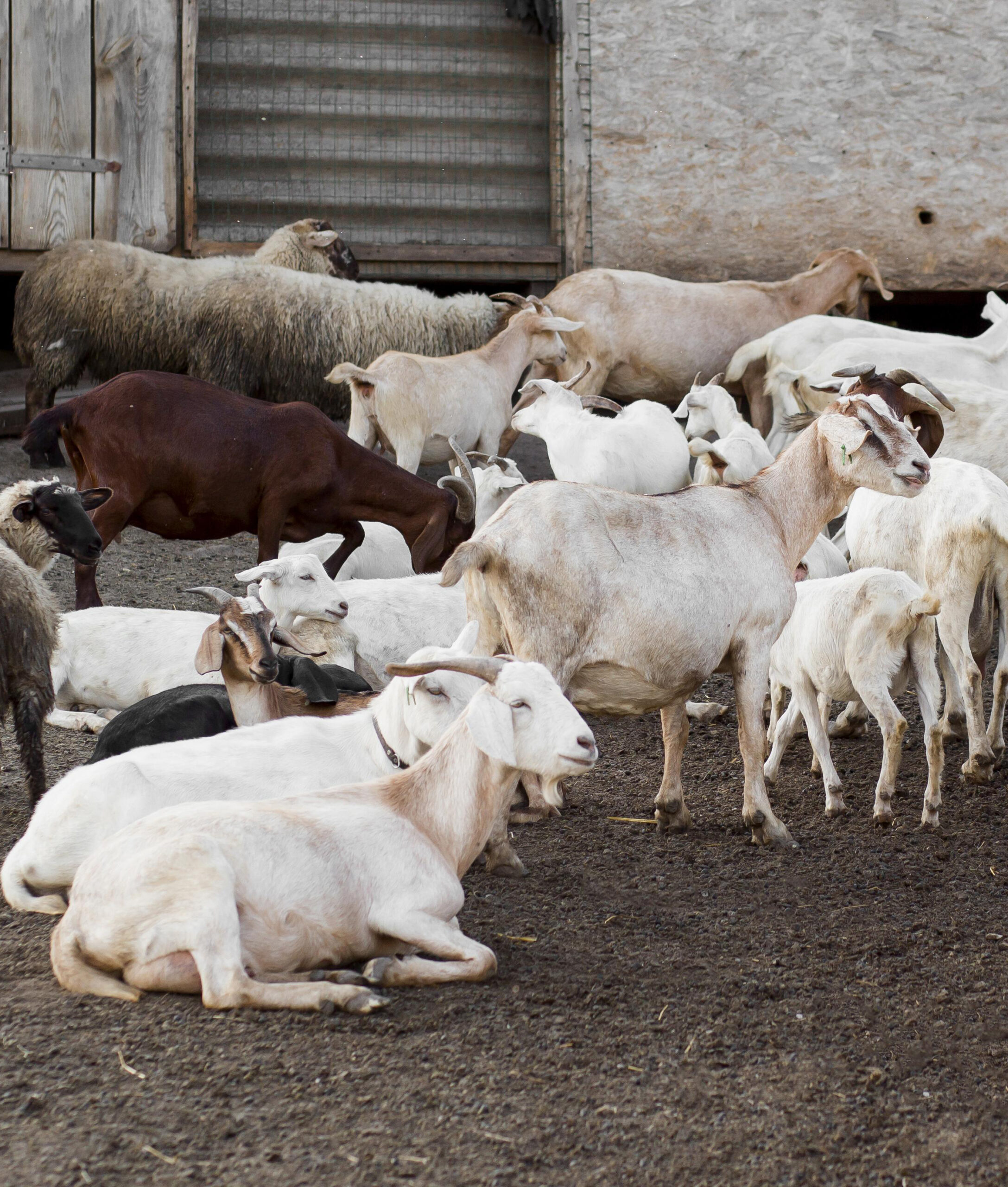Humane Education
we provide education that fosters empathy, compassion and responsible care for animals in schools, communities and professional institutions.




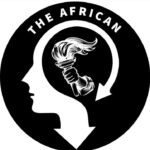

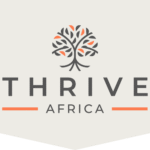

we provide education that fosters empathy, compassion and responsible care for animals in schools, communities and professional institutions.
We conduct and support evidence-based studies to inform our programs, influence decision-makers and highlight animal welfare challenges in Africa.
we promote ethical plant-based and cruelty-free farming practices that respect animals, protect the environment and support farmer livelihoods.
we push for stronger legal frameworks that safeguard animals from cruelty, neglect and exploitation across all sectors.
we engage with governments and institutions to influence laws, policies and budgets that protect animals and support sustainable food systems.



The African Institute for Animal Welfare (AIFAW) is a nonprofit organization committed to improving the lives of animals across Africa. We focus on advancing animal well-being through evidence based research, strategic policy advocacy and humane education. Our work spans across species from farmed and aquatic animals to companion and wild animals ensuring they are treated with compassion, dignity and respect.
Empower communities and institutions through humane and environmental education.
Promote policies that protect animals and preserve the environment across Africa.
Drive sustainable change for animals, people, and the plane

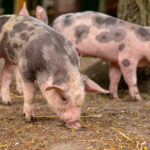

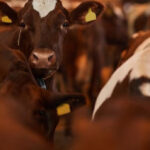







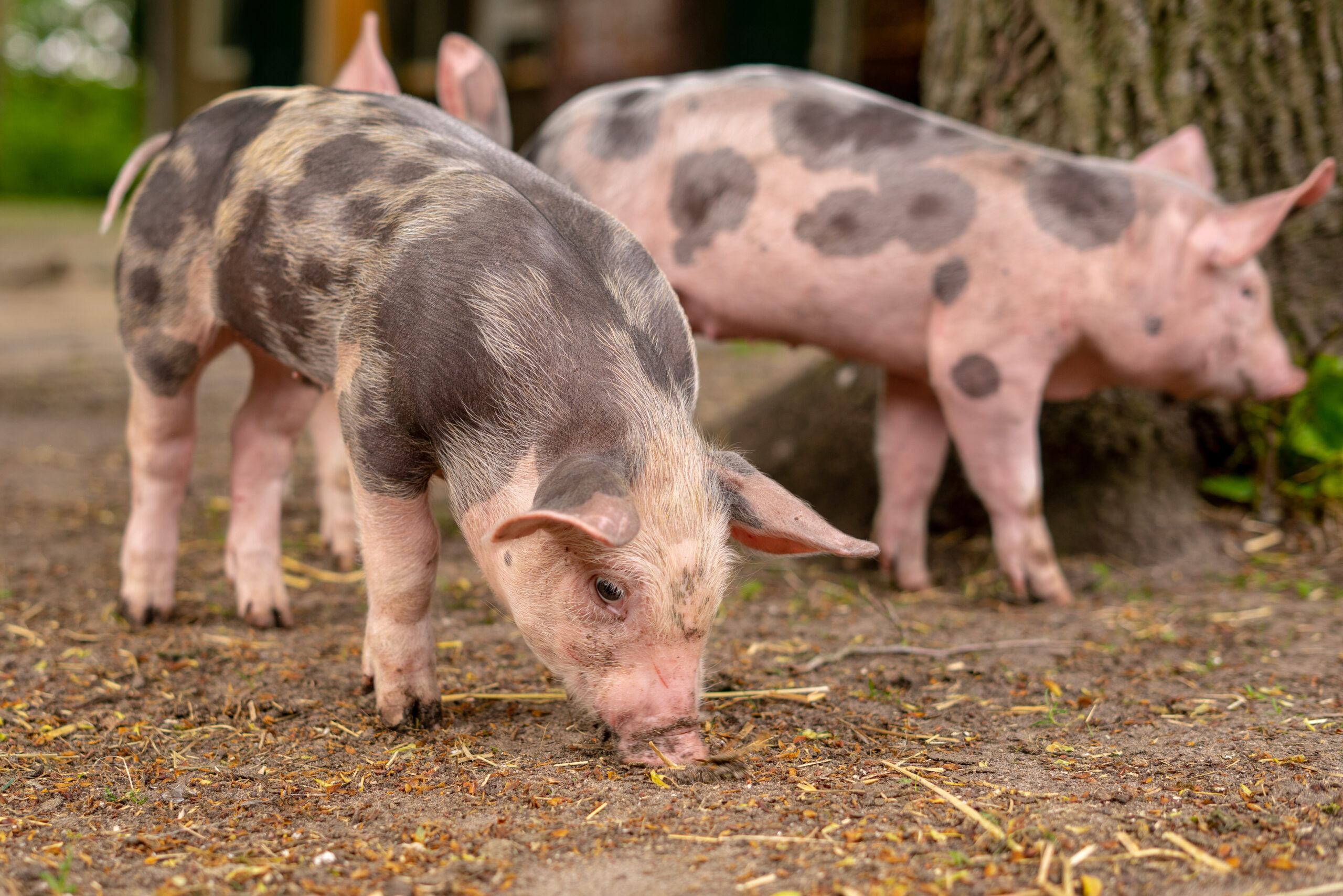

We run several key programs including;
Animal welfare is essential not only for the well-being of animals but also for
public health, environmental sustainability, food security and economic
development.
In Africa, where communities often rely on animals for livelihoods,
transportation, food and companionship, improving animal welfare contributes to
stronger ecosystems, healthier societies and more ethical food systems.
While farmed animal welfare is one of our key focus areas due to its scale and
impact, we also work on the welfare of aquatic animals, wild animals and
animals in captivity and companion animals.
Our approach is holistic and based
on science, compassion and the recognition that all animals deserve to live free
from unnecessary suffering
We promote ethical and sustainable food systems including plant-based options
as part of our effort to reduce animal suffering and environmental degradation.
However, we respect individual choices and focus on raising awareness and
expanding access to compassionate food choices that are healthy, culturally
appropriate and environmentally responsible.
Our work is grounded in research, data and community engagement.
We
continuously monitor and evaluate our programs to assess their impact, learn from
experience and improve our strategies.
We also collaborate with academic
institutions, experts and international networks to ensure our interventions are both
context-specific and aligned with global best practices.

